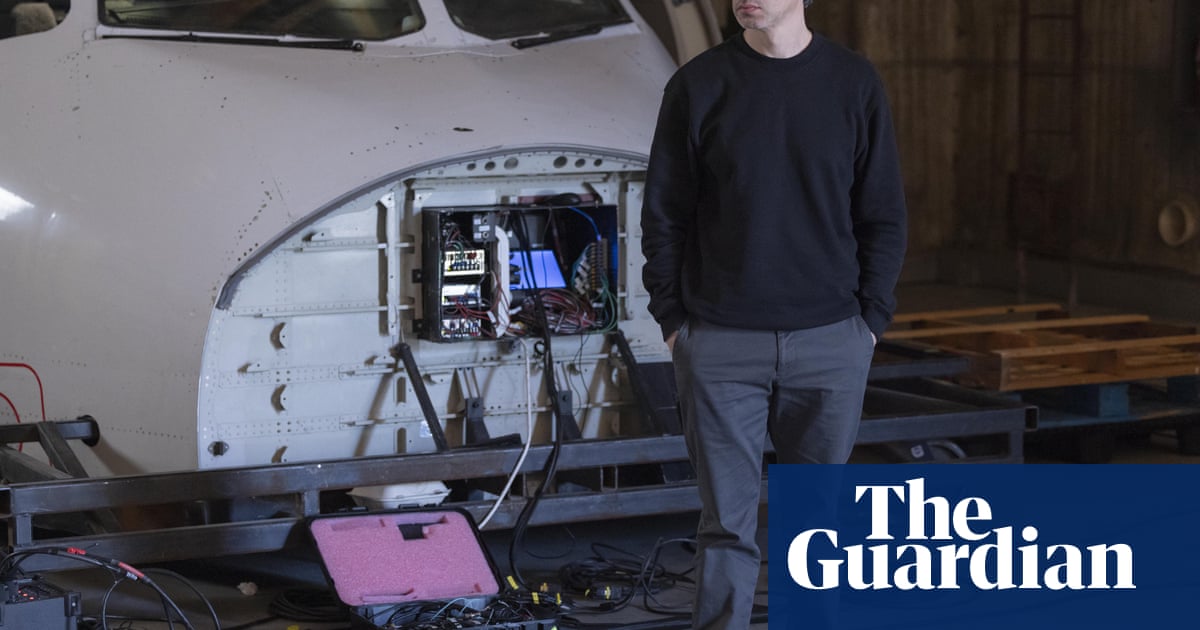It’s boomerang season again. Or to put it another way, the time of year when adult children you imagined might be flying the nest come home instead to roost, a ritual that seems to happen earlier every year.
Though the university year isn’t formally finished yet, so many institutions are dumping written exams in favour of dissertations or online assessments (cheaper to run, apparently) that third years have started cutting their losses and their food bills by heading home not long after Easter. In a worrying number of cases, they’re leaving with no job to go to.
Young people in line for good degrees from good Russell Group universities, who have for years obediently jumped through every hoop provided, are working in bars, going travelling, or despondently applying to companies that they know use AI not only to sift their CVs, but sometimes to conduct first interviews. Imagine sitting alone in front of a webcam, trying to land your first proper job and being evaluated by a bot with whom you can’t even shake hands, let alone kindle memories of how hard it was getting a foot in the door when they were young. Rejection is tough enough when it comes with an encouraging letter about how you were just pipped to the post, never mind being found wanting by an algorithm.
Meanwhile LinkedIn – and yes, students have all been on LinkedIn for years – only feeds the gnawing fear that other people seemingly have their futures much more sorted, just as Instagram used to feed their teenage anxieties about who was going to all the parties. You can covertly stalk whoever did get that grad scheme position, and beat yourself up wondering what they’ve got that you evidently haven’t.
Last year’s Institute of Student Employers recruitment survey recorded a ratio of 140 applications for every graduate job. Part of the reason for that deluge of applicants is perhaps because kids who suspect their forms won’t be read by humans anyway are using ChatGPT to fill in and fire them off en masse, to the point where AI is in effect talking to AI. That’s not making recruitment more efficient but the opposite, leaving employers swamped with poorly targeted CVs and jobseekers unsurprisingly resentful. And the hunger games may well be tougher this year, with the labour market slowing down amid national insurance rises and trade war-fuelled uncertainty.
Returning to my old Cambridge college recently, a place where you’d imagine students would feel they’ve won the golden ticket, I was struck by the number who still didn’t know what they would be doing when they graduated and by the sense that they had resigned themselves to a very long haul. If it’s tough for them, it’s invariably worse for others: student Reddit threads hum with angry, despairing stories about firing off hundreds of applications and trekking to endless assessment centres all to no avail, interspersed with frequent advice to move abroad because Britain’s finished.
It’s the betrayal that hurts. We drilled it into them that if they worked hard at school and made it into university then the world could be their oyster, but our stagnant economy just hasn’t generated enough graduate-level jobs to match – especially outside London, where we have simultaneously managed to ensure most of them can’t actually afford to live. That translates into a glut of applicants, winnowed down to manageable levels by employers continually raising the bar: even a degree is no longer enough for the most coveted graduate schemes, with a master’s fast becoming the new expectation. But since universities can charge whatever fees they want for postgrad studies – more than £83,000 for an MBA at Oxford’s swanky Saïd Business School, to take one extreme example – this risks making certain professions ever more the preserve of the wealthy, pricing everyone else’s children out of an educational arms race.
And all the time, AI is stealthily creeping up on the entry-level jobs they’re chasing. The tasks companies tend to give to young, green trainees – the routine grunt work they can’t easily mess up, which can be swiftly checked by someone more senior – are most vulnerable to automation precisely because they’re routine. Baby lawyers learn the ropes by drawing up endless contracts, but AI can do that in seconds. It’s probably capable of many things young journalists start out by doing too, like turning a simple press release into a story (or more depressingly, scraping clickbait content off rival websites). But if companies automate away the bottom rung of the ladder, how do you reach the next rung up? Tellingly, the job search site Adzuna reports a steeper drop in graduate opportunities than non-grad ones, according to an analysis shared this week with the Financial Times. The most critical shortages are in low-paid jobs such as care work, which can only be done for now by a real live human.
If it’s any comfort to their anxious parents, most of this year’s boomerang kids will find their feet eventually. They might take longer to get where they want, and via more circuitous routes than in the past, but the current economic uncertainty can’t last for ever, and the jobs they’re qualified to do – if they can only get a foot in the door – still carry a lifetime premium. The ones to worry about are the kids who can’t, or won’t, go back home while they wait for something to turn up.
We can’t keep doing this to young people and then be surprised when they’re angry. If we keep whipping them through the education system on the promise their efforts will be rewarded, and then fail to deliver, sooner or later, the consequences will boomerang back on us.
-
Gaby Hinsliff is a Guardian columnist

 5 hours ago
6
5 hours ago
6













































